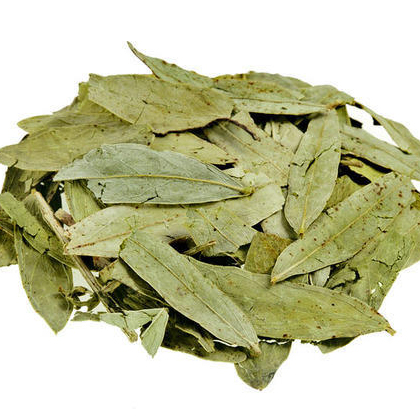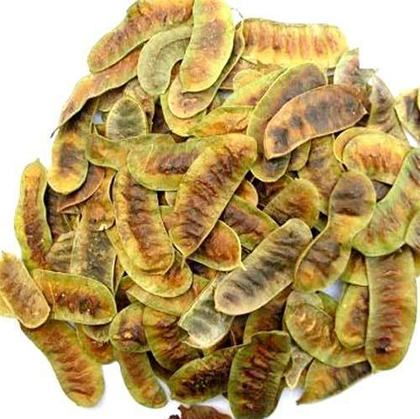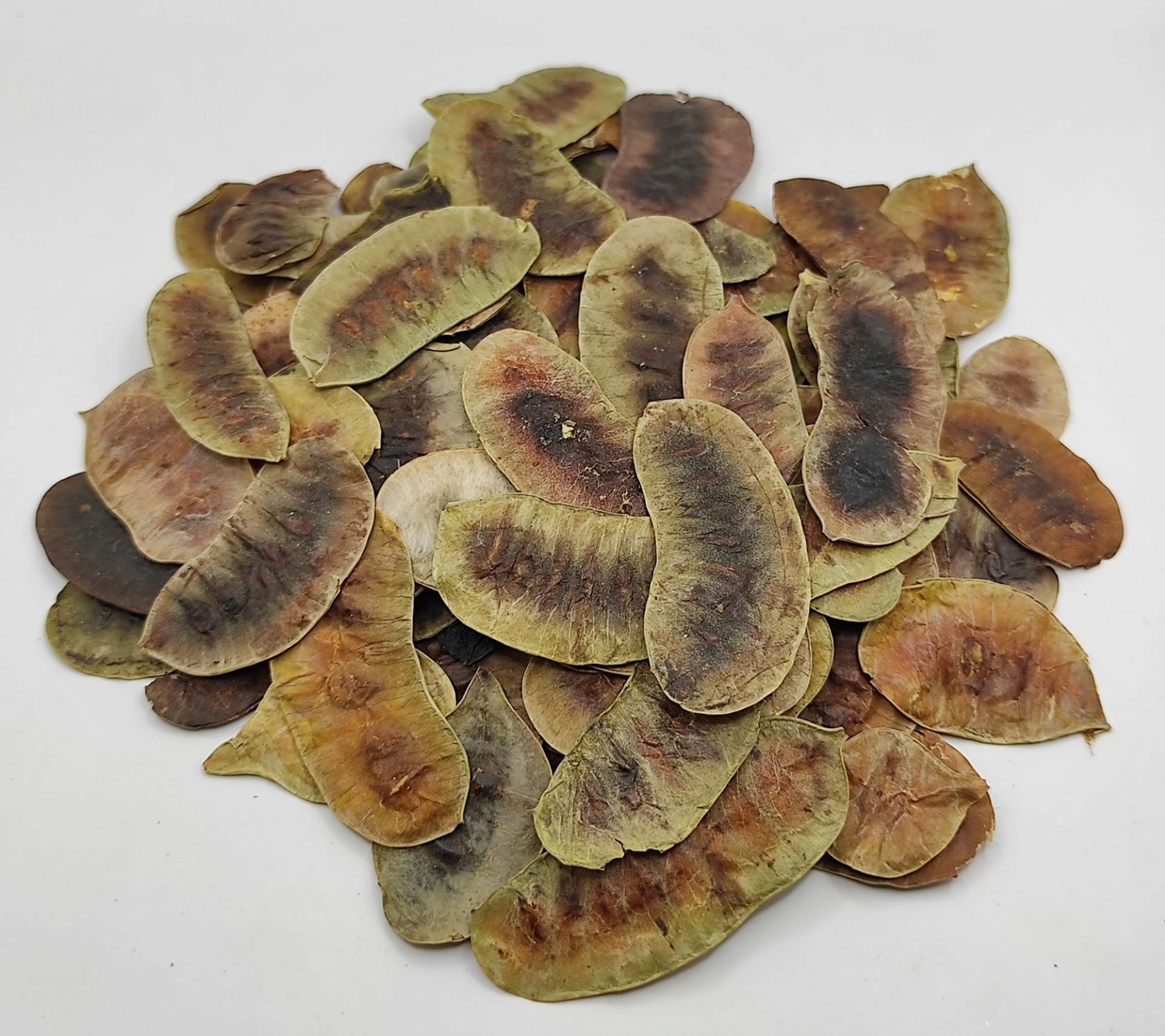Senna herb is considered one of the most important medicines used in alternative medicine to treat constipation and get rid of the effects of constipation and its pain and soften the stomach. For thousands of years, the Senna herb has been used as a natural, safe and effective laxative, as it helps facilitate the exit of waste and increase bowel movement, so it is an ideal treatment for those who suffer from chronic and severe constipation, especially since it is a natural and safe source.
Senna alexandriana

Leaves (S. alexandriana)

Fruits (S. alexandriana)
Senna alexandriana
Fabaceae
(Eng.): Senna; (Arabic): Senna Makah; (Latin): Cassia angustifolia.
It is mostly cultivated in tropical countries. In Sudan it grows naturally.
Leaves and fruits.
It is a deciduous shrub growing up to 3 metres tall with a branched, pale-green erect stem and long spreading branches bearing four or five pairs of leaves. |
Contains a family of hydroxy anthracene glycosides, the most plentiful of which are sennosides A and B. The leave and fruits content glycosides (Anthraquinones), glycosides family (Naphthalene glycosides), flavonoids and essential oils. |
- Historically, Senna alexandriana was used in the form of senna pods, or as herbal tea made from the leaves.
- As a laxative, modern medicine has used extracts since at least the as a laxative. It is known for increasing the movement of the colon by increasing the functions of the intestinal wall.
- As a fungicide.
- Similarly, both leaves and pods of the plant are used to cure breathing problems.
- An infusion of the pods is used as an effective way to suppress fever and to stop chronic nosebleeds.
- An infusion of the leaves is consumed to stop spasms or convulsions.
- The roots of the plant are consumed with milk to treat malaria.
- Uses supported by clinical data: Short-term use in occasional constipation.
Specification Data Sheet:
This Sudanese standard is formulated by the technical committee No.4 formed according to the administrative decree of the SSM0/1/A/I dated 18/8/01. It applies to Senna Pods.
On formulating this standard the committee has referred to international publications and works of Sudanese researchers on the subject.


